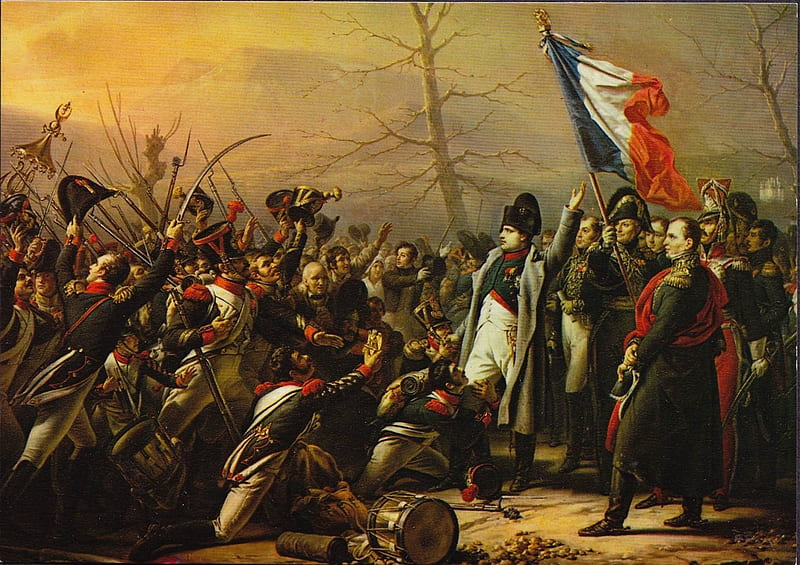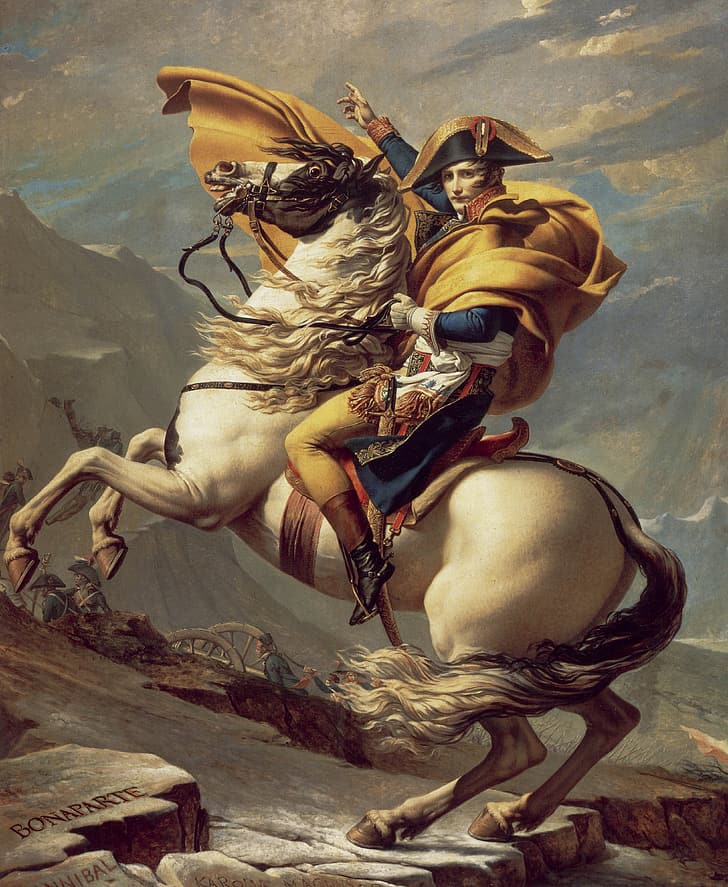
Napoleon's biography

Peace with the Church
Napoleon initiated peace with the Catholic Church upon returning to France, recognizing Catholicism as the majority religion. In 1801, he reached an agreement with the pope, ensuring the church's support by not seeking the return of lands seized during the revolution. This move turned the Catholic Church into an ally of the French government and gained support from those who had acquired church lands.
Napoleon's notable domestic accomplishment was the codification of laws, with the introduction of the Civil Code in 1804. This code preserved revolutionary principles such as equality before the law, the right to choose a profession, religious tolerance, and the abolition of serfdom and feudal obligations. However, it also rolled back some gains for women and children, limiting their rights and treating them as needing protection.
Codification of the Laws
Additionally, Napoleon established a strong, centralized administration and a merit-based bureaucracy, promoting officials based on ability rather than rank or birth. He created a new aristocracy, with about 3,200 nobles between 1808 and 1814, primarily from military and civil service backgrounds, deviating from traditional noble families.
While Napoleon retained certain revolutionary reforms, such as equality before the law and opening government careers to more individuals, he also undermined some revolutionary ideals. Liberty was replaced by arbitrary despotism, leading to the suppression of newspapers, book bans, and government scrutiny of manuscripts. This mixed legacy characterizes Napoleon's impact on domestic policies during his rule.
Spreading the Principles of the Revolution
Napoleon's military conquests across Europe were marked by the spread of nationalist ideas and resistance from conquered peoples, ultimately leading to the collapse of his empire. While known for his military leadership, Napoleon's domestic policies took a back seat to his military campaigns.Upon becoming consul in 1799, France was at war with a coalition of European powers. Napoleon sought a temporary peace, signing a treaty in 1802, but war with Britain resumed in 1803. In a series of decisive battles from 1805 to 1807, Napoleon's Grand Army defeated the Austrian, Prussian, and Russian forces, establishing his dominance over Europe from 1807 to 1812.
Napoleon's Grand Empire
Napoleon's Grand Empire comprised the French Empire, dependent states ruled by his relatives, and allied states compelled to join his fight against Britain. Within his empire, he aimed to spread revolutionary principles such as legal equality, religious toleration, and economic freedom. However, the collapse of his empire was hastened by Britain's resistance, rooted in its naval power and ability to resist invasion.
Unable to conquer Britain directly, Napoleon implemented the Continental System to economically weaken the country. The system, which aimed to block British goods from reaching the European continent, ultimately failed due to resentment from allied states, cheating, and resistance. Britain also found new markets in the Middle East and Latin America, maintaining high overseas exports by 1810. Despite Napoleon's aspirations for a lasting empire, it collapsed rapidly due to Britain's resilience and the emergence of nationalism.